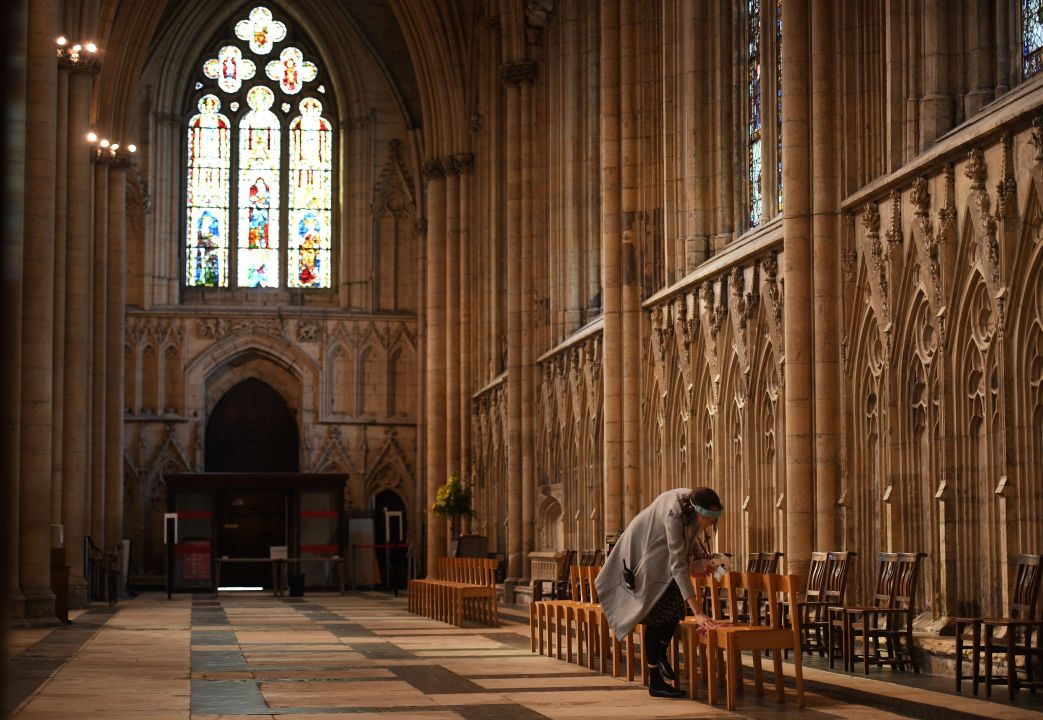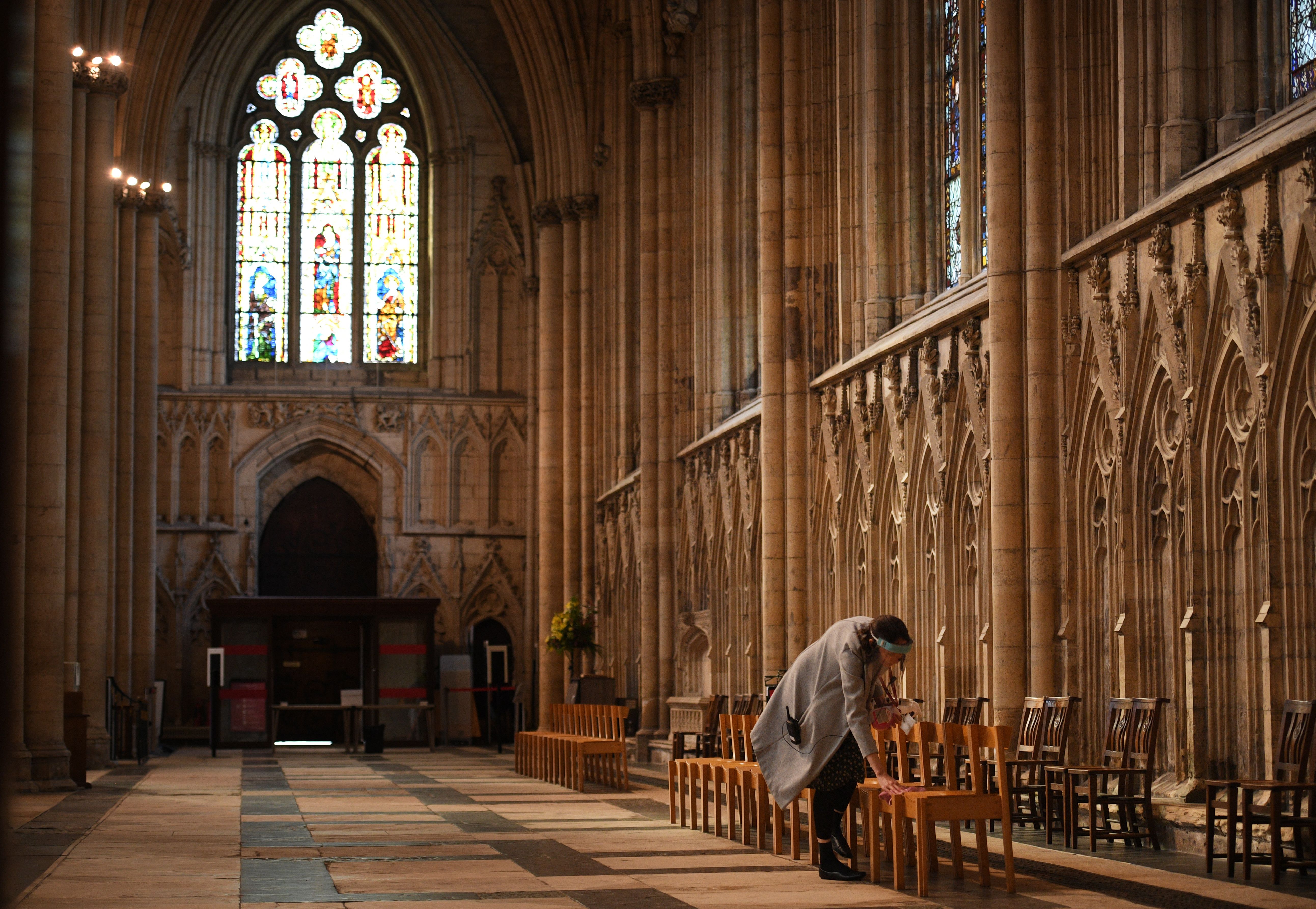This morning, my son, who’s 17, was turned away from our local church. The designated spaces for people attending mass were full. He tried to book online at the church down the road – they were full too (and last week they turned my daughter away). It was too late to make an online booking for the lunchtime mass at the London Oratory, but the reservations system for the tea-time mass was still open, so he’s booked that, on a system that hilariously resembles the booking system for a commercial theatre, except that it concludes, which they don’t, with God Bless You.
I say this not to expose my failings as a parent in not getting my offspring off to mass early, but to make clear the extent of the self-regulation that the churches are imposing in order to comply with government regulations. You must, moreover, give your details when you turn up, for the track and trace system.
And yet, collective worship is banned from Wednesday night under the new lockdown regime, though individual worship is allowed (supposing churches have the manpower to sanitise spaces used by individuals who drop in to say a prayer). Quite rightly, the Catholic Bishops conference for England and Wales is rebelling at this. In their statement they point out:
There is nothing to stop a member of parliament tabling an amendment to remove collective worship from the restrictions.
‘We have not yet seen any evidence whatsoever that would make the banning of communal worship, with all its human costs, a productive part of combatting the virus. We ask the Government to produce this evidence that justifies the cessation of acts of public worship. To counter the virus we will, as a society, need to make sustained sacrifices for months to come. In requiring this sacrifice, the Government has a profound responsibility to show why it has taken particular decisions. Not doing so risks eroding the unity we need as we enter a most difficult period for our country.’
Yes and yes. The bishops did themselves no favours, and let down their congregations, at the start of the pandemic when they allowed their officious scientific adviser, one Professor Jim McManus, to point out to the Department for Communities the risk of infection posed by churches, which meant that they were shut to all comers for the duration of lockdown – though unlike the abject CofE, at least masses were live-streamed from inside churches rather than from archbishops’ kitchens.
But finally they’ve found some collective backbone. It is in fact very strange to designate religious services as non-essential services, given that going to mass is obligatory for a Catholic, and private prayer before the altar is not only harmless to society (with the necessary precautions) but fundamental to spiritual health. No, not mental health – I did say ‘spiritual’. A Catholic Church has the Eucharist on the altar; it differs, then, from other places of worship.
But if we are to judge this odd decision in language the government understands, attendance at mass or other service is important to mental health. A significant percentage of attendees – about half in my parish – will be elderly and going to a service really matters to them. You may not be able to hang around the church anymore, but you are part of a community when you’re there. You can see your neighbours; it matters.
As the bishops point out, the good work – and it has been really good – that churches have performed in the pandemic relies on a foundation of common worship. In other words, churches do social good, so allow them (as quid pro quo) to say the mass which binds the faithful together.
If the Government can’t grasp the importance of this, perhaps it might be brought home to ministers during the debate on the lockdown measures. There is nothing to stop a member of parliament tabling an amendment to remove collective worship from the restrictions. Or as the bishops put it:
‘The Prime Minister has stated that the draft legislation will be placed before Parliament on Monday 2 November. Members of Parliament will have the opportunity to discuss the issues and vote on the proposed national restrictions. In this short timeframe, questions can be raised with our elected Members of Parliament regarding the cessation of public common worship. They are in a position to require the Government to publish the data that drives the decision to cease public worship under these restrictions.’
An amendment to acknowledge that public worship is not a “non-essential service” could be carried. It falls to some public-spirited MP to table it. Over to you, Iain Duncan Smith.








Comments